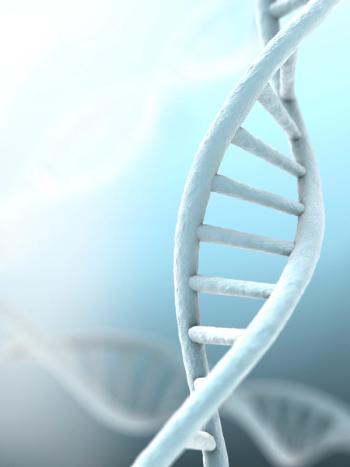
The genetic testing procedure may aid people with a history of hereditary cancer from passing those genetic mutations on to future children.

The genetic testing procedure may aid people with a history of hereditary cancer from passing those genetic mutations on to future children.

A psychologist offers three aspects to think about before making a cancer treatment or prevention decision.
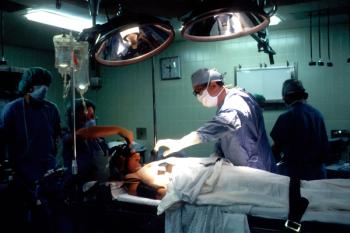
Although many women with breast cancer report being satisfied with their decision to forgo reconstruction after a mastectomy, some indicate a lack of support from their surgeon as well as limited information on their options.

Many patients with cancer experience challenges with sexual intimacy. Body image, self-esteem, vaginal health and a positive mindset all come into play.

There’s a tremendous amount of interest in immunotherapy drugs given alongside targeted therapies for patients with pancreatic cancer, according to an expert.

Side effects from early-onset menopause from medical treatments may be mitigated with hormone replacement therapy.

Three experts discuss an intervention strategy to improve the lack of communication between minority women and their cancer care teams.

Different breast implant options and potential complications may make the reconstruction process difficult to understand, but one expert discusses the importance of knowing what you want and hopefully avoiding postsurgical issues.

Treatments for bladder, colorectal and prostate cancer may cause sexual dysfunction in men. Here, an expert provides insight into how patients and survivors may improve their sexual health.

While sparking a conversation about cancer risk after a family diagnosis is hard, one expert said that there are benefits — especially when using specific tactics.

Drugs like PARP inhibitors, immunotherapy and antibody-drug conjugates are making a great impact on the treatment of patients with several subtypes of breast cancer.

One of the more prevalent misconceptions about inherited cancer mutations is that genetic testing is only for White people, according to a genetic counselor.

Whether it be physical, psychosocial or financial, the lasting effects of cancer and its treatment can be overwhelming. One expert explains how a personalized survivorship care plan can tackle it altogether.

Lifestyle factors like diet and exercise can play a major role in cancer outcomes. In this article, a clinical dietitian offers advice on healthy eating before and after a cancer diagnosis.

One oncologist highlighted the knowledge base of the immunotherapy and targeted therapy and how they interact with cancer cells.

A successful cancer treatment process includes more than just surgery, chemotherapy and other treatments: it involves keeping up your wellness from both a physical and mental standpoint, an expert says.
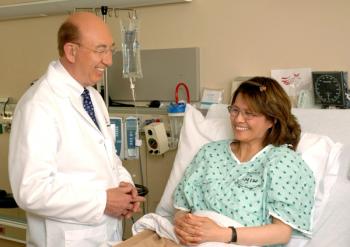
Clinical trials are key in driving treatment advancements for patients with cancer – especially those with genetic mutations – and should not be looked at as a last resort.

There are certain laws that may protect the medical information of people with genetic predispositions to cancer from their employers and possible health insurers.

Maintenance therapy is meant to prevent relapse after a patient with ovarian cancer received their main treatment. Here’s an overview of what patients should know.

Although there is never the perfect time to have a risk-related discussion with a child, one clinical psychologist explains ways in which parents can approach the difficult topic.

To combat the psychological effects from a lymphedema diagnosis, patients need to be equipped with the knowledge and understanding of what the condition is and how it is treated.

Eva Moon shares nine habits for keeping a sense of humor when the going gets rough.

One expert shares advice for opening the line of communication between patients and health care providers, as well as their partners.

One family shares their experience with the discovery of a BRCA mutation, and how they discussed it among one another.

Exercise and nutrition are essential to improving a variety of facets revolving around the continuum of cancer — from prevention to diagnosis and treatment to survivorship care.

Although individuals may have concerns about enrolling in a study, their involvement may lead to new discoveries.
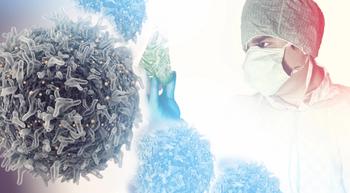
A genetic counselor discussed the various hereditary breast and ovarian cancer syndrome-associated cancers among men and how to manage them at the FORCE Annual Meeting.
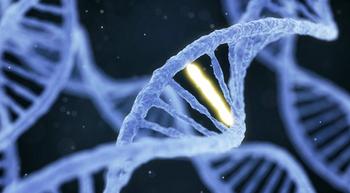
Eva Moon, a writer, musician and performing artist, discusses her genetic mutation and how it changed the direction of her life.

Angela Schmidt Fishbaugh talks about being diagnosed with breast cancer after a mastectomy, changing her from a previvor to survivor.
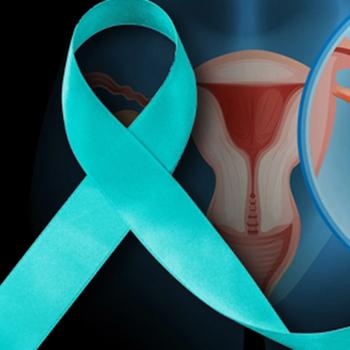
The idea of interfering with DNA’s self-repair capabilities has been at the heart of this decade’s progress in treating ovarian cancer, and the focus now is on combining PARP inhibitors with other types of therapies.